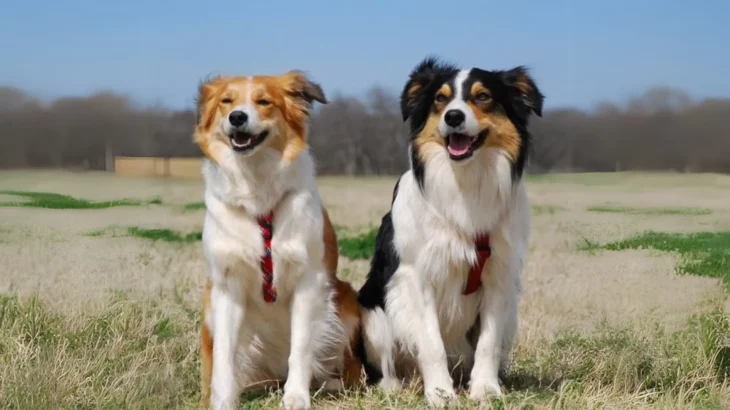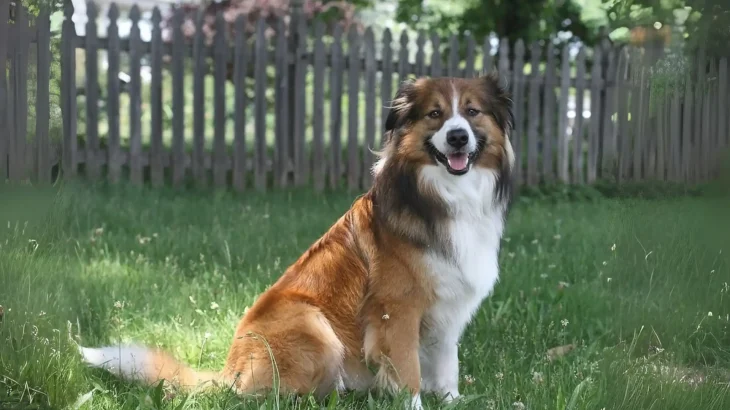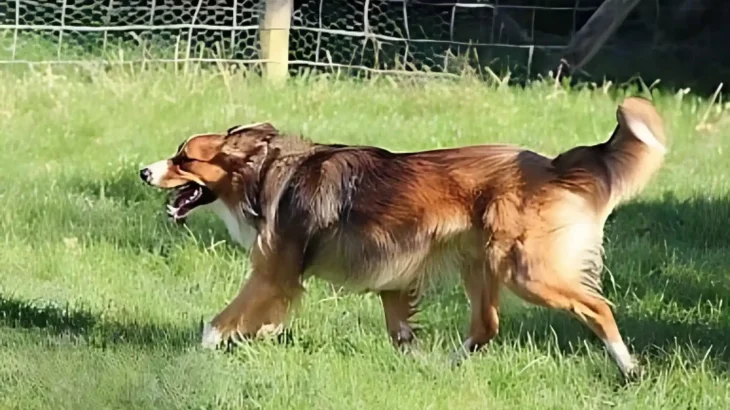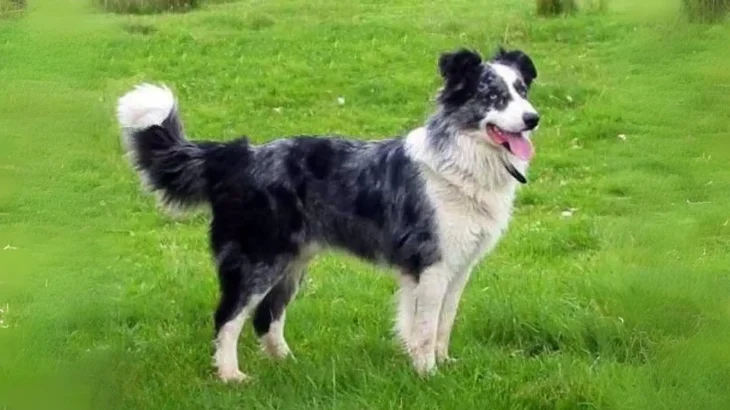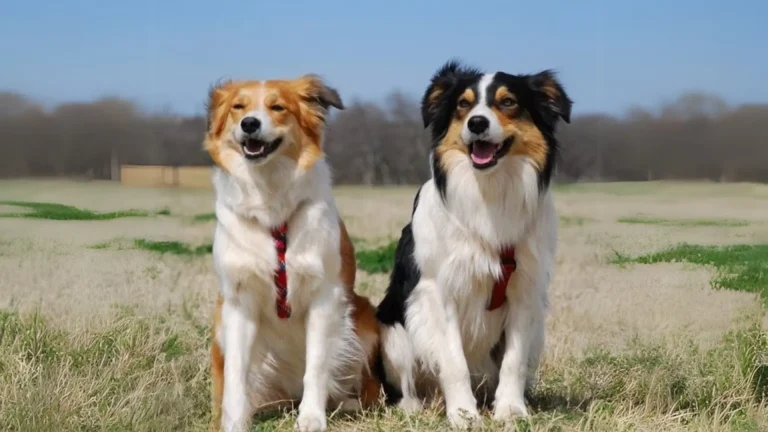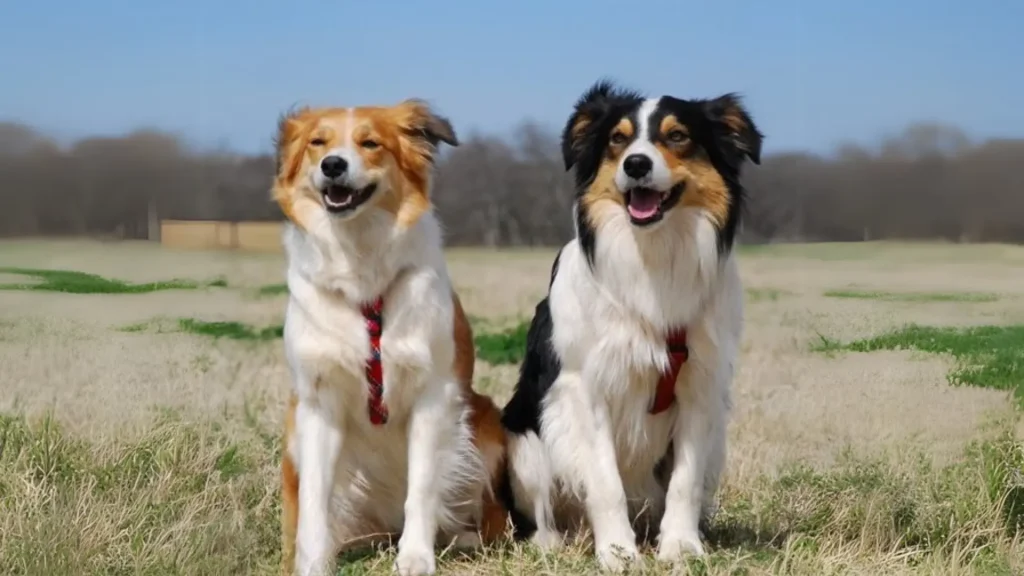Deciding whether to adopt or purchase a Welsh Sheepdog puppy involves considering factors like the availability of true breed puppies and assurance of their lineage. Purchasing from a reputable breeder can provide detailed pedigree and health information, while adoption offers a chance to give a home to a dog that may need one, though often with less certainty about breed purity.
Adoption vs. Breeder: Pros & Cons
| Criteria | Buying from Breeder | Adopting from Shelter/Rescue |
|---|---|---|
| Cost | Higher cost due to purebred status and pedigree documentation. | Lower fees, usually cover basic health care, but breed purity less certain. |
| Health History | Comprehensive health records and genetic screening generally available. | Often unknown or limited health history, though basic health checks occur. |
| Age Availability | Primarily puppies, allowing early bonding and training. | Variety of ages available, including older dogs needing homes. |
| Temperament Insight | Breeders can provide detailed lineage and behavior info. | Staff share observed temperament but lack full background knowledge. |
| Supporting Practices | Supports breeding programs focusing on breed standards; beware unethical breeders. | Supports animal welfare by rescuing dogs; breed purity may be mixed. |
| Breed Purity & Pedigree | Clear pedigree documentation ensures true Welsh Sheepdog lineage. | Often unknown or mixed; less certainty on purebred status. |

